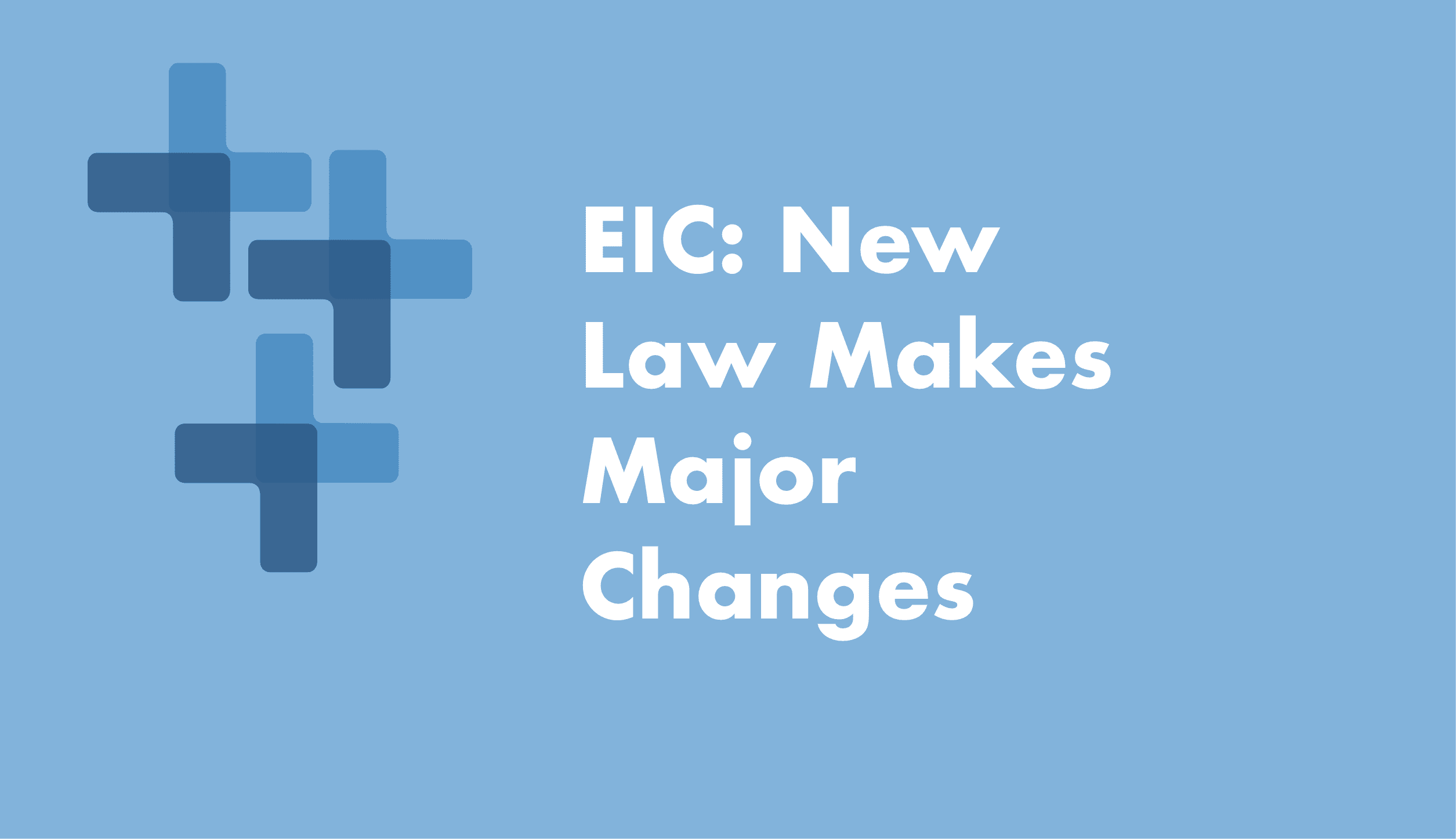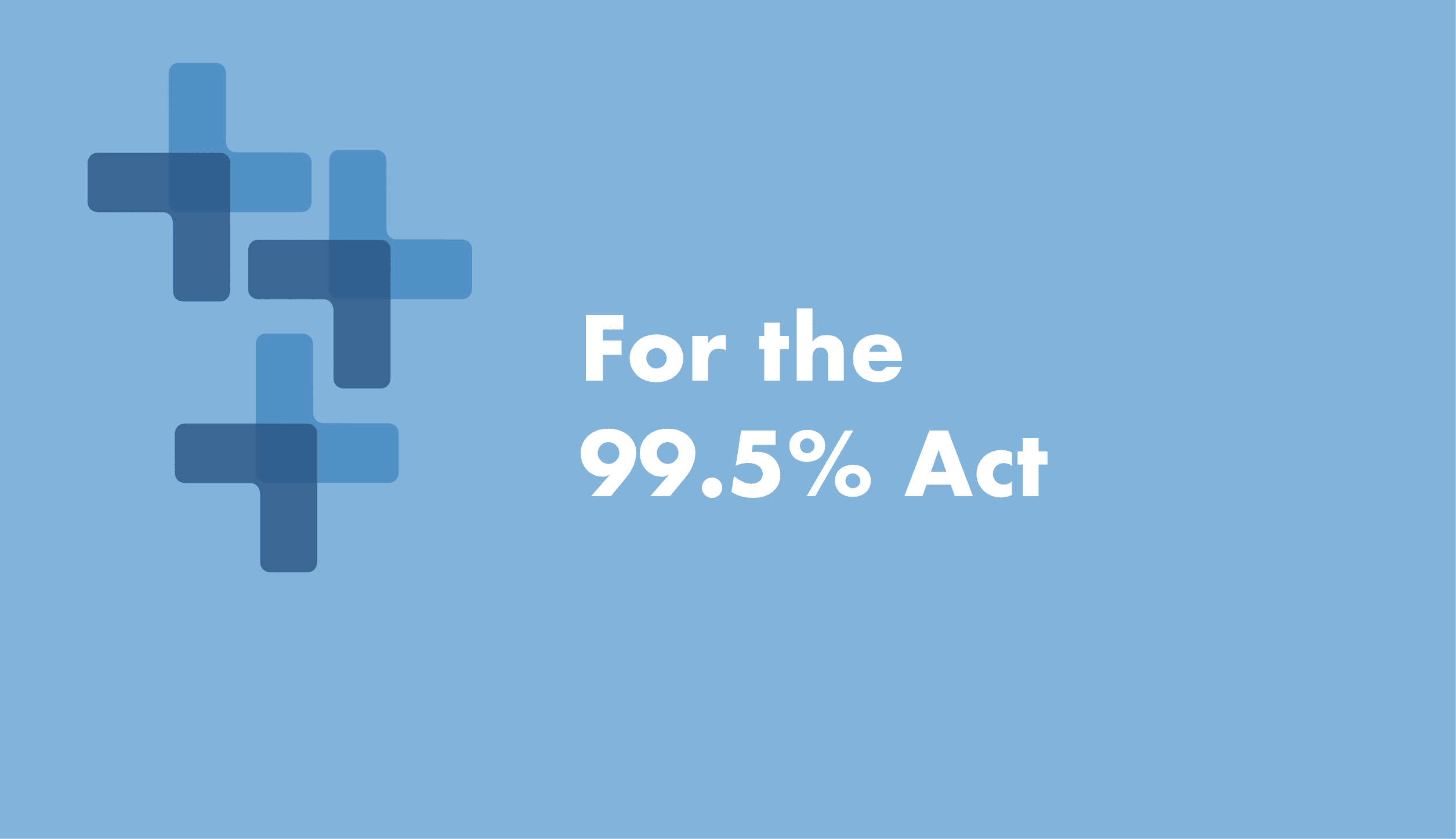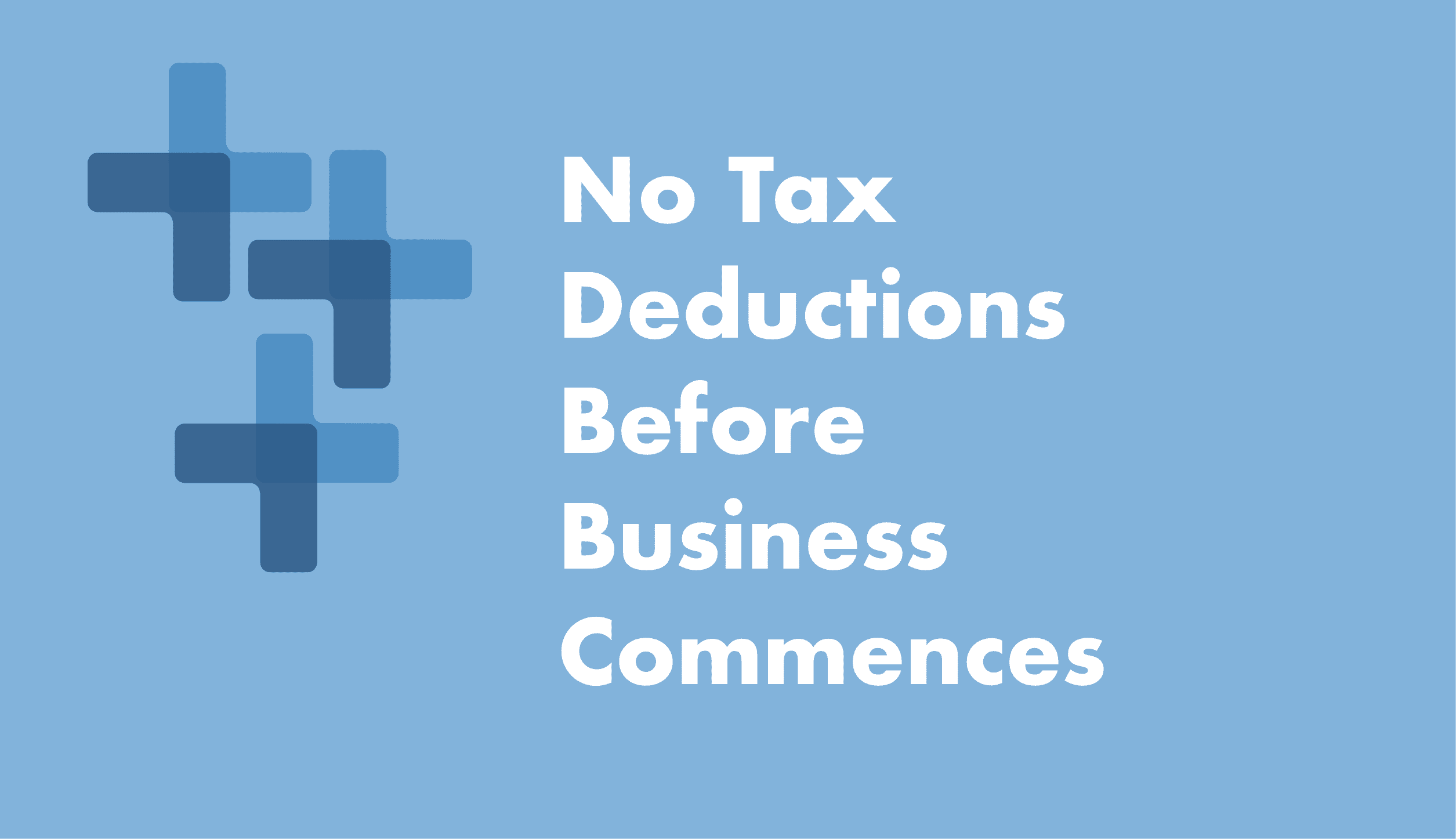
EIC: New Law Makes Major Changes
The earned income credit (EIC) has been around for years. But it’s never been worth as much as it will be for 2021 under the new American Rescue Plan Act (ARPA). Some favorable changes are only for the 2021 tax year, while others are permanent.


